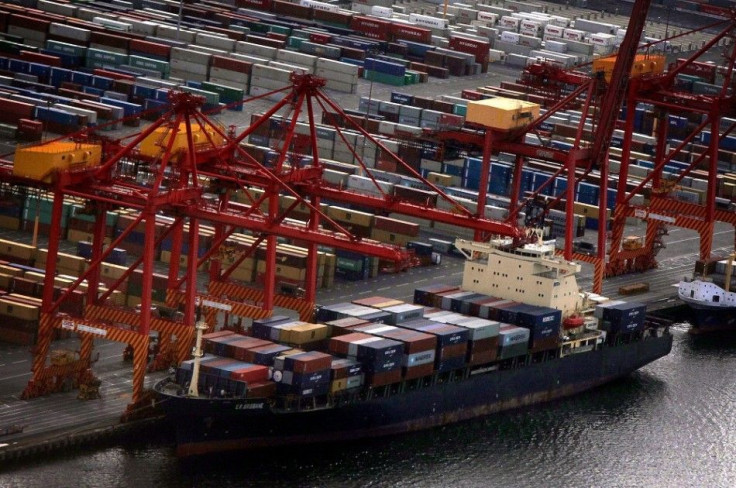Port of Melbourne’s new lease deal with DP World brings relief to Tasmanian exporters

The amicable settlement to the lingering rent dispute between DP World Australia and Port of Melbourne has brought relief to a majority of Tasmanian exporters in terms of huge savings in costs. The deal had global stevedoring company DP World securing a rational rent deal with the port with only a marginal increase in rent.
Under the new lease deal, DP World's rent payout to the port will increase to AUD 20 per square metre, which is far short of the AUD 120, originally demanded by the Melbourne Port. The DPW has been paying AUD 16-18 on a per square metre metric. Expressing relief, Tasmanian Logistics Committee chairman Steve Henty called it a good deal. "That's a realistic number and much less than an 800 or 766 per cent increase," he said. Treasurer Peter Gutwein also hailed the deal as good for Tasmania's major shipping companies.
New Deal
Freight from Tasmanian exporters accounts for one fourth of the containers that pass through the Port of Melbourne. For Port of Melbourne, the new deal spells loss of tens of millions of dollars in its annual revenue, as it abandoned the pitch for 750 percent rent increase from DP World. But the new agreement removed all uncertainty surrounding the AUD 6 billion privatisation plan of the port and the bidders are now clear about the accurate value of the port.
The Melbourne port handles more than one third of Australia's container trade. It is owned by the Victorian Government, which wanted to increase DP World's annual rent to AUD 60 million annually from the present AUD 8 million prior to its privatisation. The new lease has a tenure until 2065 and will maintain all performance indicators and efficiency incentives.
More business
DP World's chief executive Paul Scurrah commented that a longer period in rental reviews really removed the uncertainty from the container market. Nick Easy, chief executive of the Port of Melbourne said the lease will ensure greater competitiveness of the port with rent costs at par with other Australian ports.
Australian Competition and Consumer Commission chairman Rod Sims called the agreement as "extremely pleasing outcome.” He added that negotiated outcomes are “better than regulation but sometimes you need the threat of regulation to get a good outcome and sometimes also a bit of helpful public opinion.” Port of Melbourne has annual revenues at AUD 368.4 million and draws bulk of it from wharfage charges in loading and unloading of goods.
(For feedback/comments, contact the writer at feedback@ibtimes.com.au)






